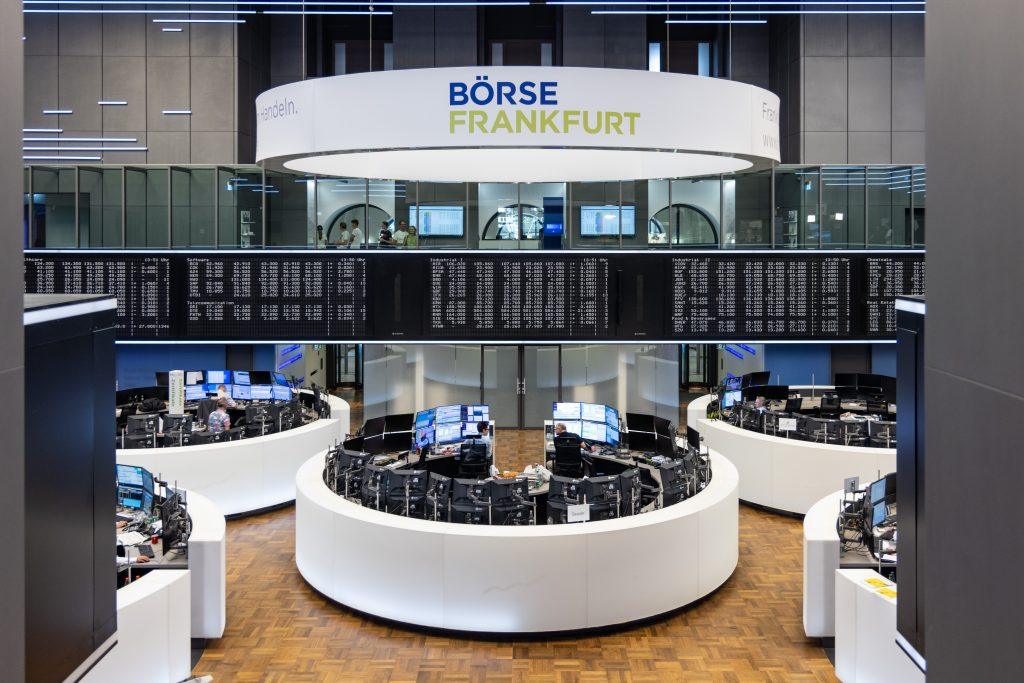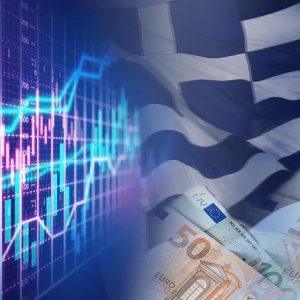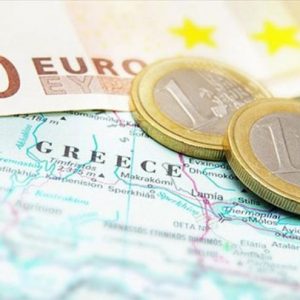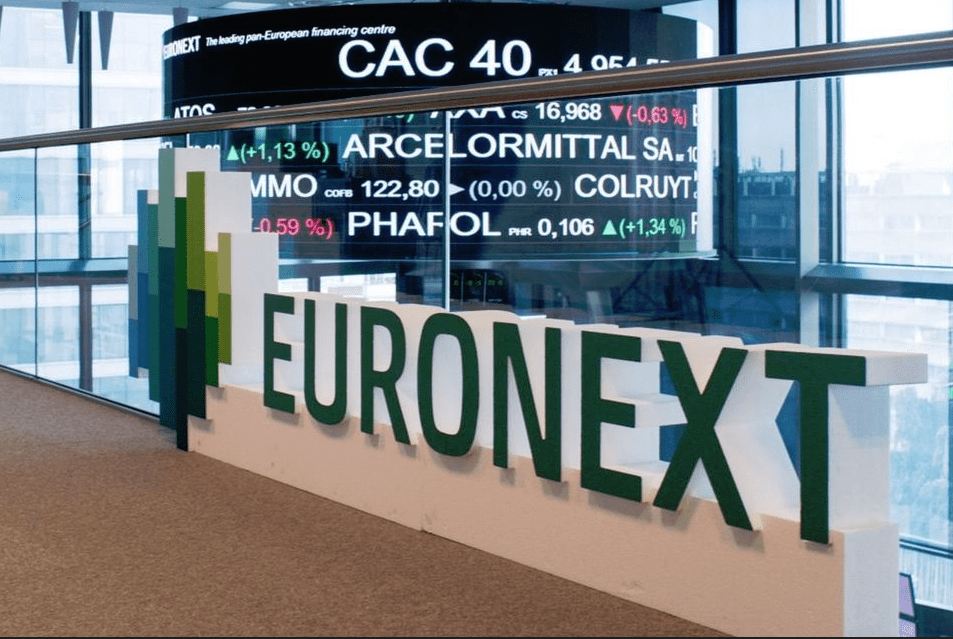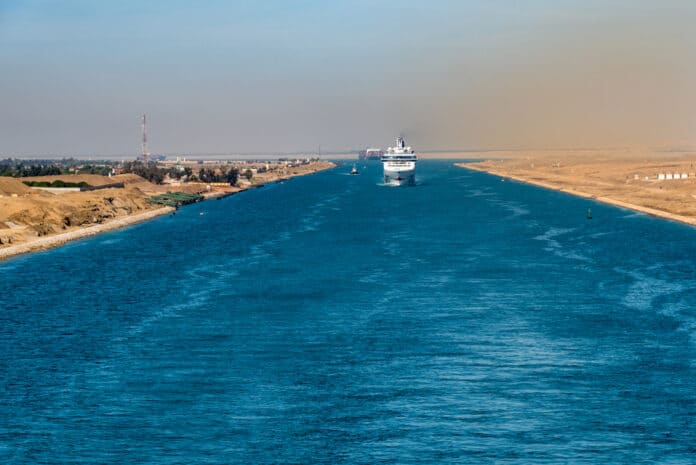The international maritime community is encouraging the acceleration of investments in new alternative fuels and zero emission technologies, as international maritime operators argue that this is the only way to ensure that it transitions into a new era of decarbonisation. At the same time, the maritime industry is preparing for the immediate environmental challenges it will face in 2023, such as the short-term technical and operational measures to reduce greenhouse gas emissions adopted by the International Maritime Organisation (IMO), as well as the forthcoming extension in maritime shipping of the European Union’s (EU) Emissions Trading Scheme (ETS).
Objectives and priorities
International and Greek maritime shipping has fully embraced the need to reduce pollutant emissions and has placed this objective at the top of its agenda for the coming years, but is requesting that regulatory authorities legislate on the basis of the principles of smooth transition in safeguarding the rules of sound competition and the ‘polluter pays’ principle. Hoping in particular for realistic and effective measures, ship-ownership focuses on the specific responsibilities of each side involved in the maritime industry in the effort to reduce and eliminate pollutants.
As shipowners point out, a very significant share of the responsibility for achieving the targets for decarbonisation lies with engine manufacturers in shipyards, as well as fuel producers and suppliers. It must be understood that without significant investment in research and development by all stakeholders, the maritime industry will remain dependent on coal.
At the same time, international and Greek maritime shipping is pursuing short-term and long-term environmental solutions within the framework of the IMO and takes a critical view of regional initiatives because they cancel the international character of maritime shipping and distort sound competition, creating multiple-speed shipping. One such regional initiative is the European Commission’s proposal to extend the EU ETS to maritime shipping as part of the ‘Fit-for-55’ package of measures.
The Union of Greek Shipowners (UGS) estimates that, as a regional market-based measure, the EU ETS infringes the global nature of maritime transport, while seriously undermining the ongoing international efforts and negotiations in the IMO to decarbonise the sector. This system is inappropriate and incompatible with the intrinsic characteristics of the sector, as maritime shipping is mostly composed of small and medium-sized enterprises which will find it difficult to finance the purchase of emission rights, mainly due to the unpredictable and endemic volatility of the maritime sector, and to cope with the administrative burden and associated costs of purchasing emission rights.
Dedicated fund for maritime shipping
Instead, maritime shipping supports the introduction of an alternative, predictable and less problematic European market-based measure (MBM) in the form of a dedicated fund for maritime shipping, which could buy and sell emission rights via the EU ETS on the basis of the average price of the previous year’s ETS; this fund could also finance the necessary research and development for more environmentally friendly maritime fuels, without which it would not be possible to decarbonise shipping. Furthermore, the implementation of the ‘polluter pays’ principle by regulators is crucial for the proper functioning of maritime shipping.
Assignment of responsibility to the right persons
In maritime shipping, and particularly in bulk/tramp shipping, it is the charterers who primarily determine the operation and energy efficiency of the vessel with their decisions regarding speed, shipping corridors, cargo and marine fuels. Those responsible for the commercial operation of the vessel should therefore also be made responsible for the vessel’s carbon emissions and footprint and the associated costs. In this respect, it is good that the European Commission, in line with the ‘polluter pays’ principle, recognises the liability of charterers. Assigning responsibility to the right people. It is important that policy-makers and legislators consider this before legislating exclusively for shipowners. It is equally important to ensure that it is the polluter who pays the costs of implementing the relevant EU Regulations, such as the European Emissions Trading Scheme (EU ETS). In this case, the polluter is the commercial operator of the vessel, i.e. the charterer, who most of the time is a different person from the shipowner. Assigning relevant responsibility to the right people, i.e. decision-makers with a determining impact on the environmental footprint of ships, is fundamental to the successful implementation of environmental objectives and can yield tangible results in the fight against climate change without compromising the competitiveness of European maritime shipping, which should remain a key strategic choice for the European Union in light of the competition it receives from other major maritime powers, mostly from the Far East.

